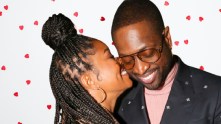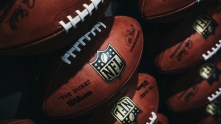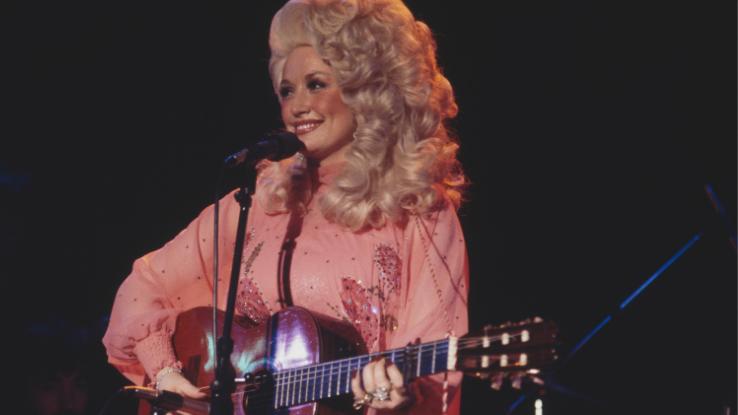
Few things bring folks together like the music of Dolly Parton. At first glance, her concert-going fanbase may seem to be composed of people who’d otherwise not socialize with each other. The country singer not only resonates with church-going folks, but has a massive fanbase in the LGBTQ+ community as well, especially among drag queens. Of course, these communities aren’t monoliths, nor are they mutually exclusive. Still, Dolly leads by example, bringing folks together to celebrate the universal — and the universally felt.
And, maybe, she’s the perfect person to do so, since Dolly herself seems to be full of contradictions. At the very least, that’s part of Radiolab‘s Jad Abumrad’s thesis on the country star’s cultural legacy, something the host examines in his WNYC podcast, Dolly Parton’s America. One of those contradictions? The way pop culture — and society as a whole — perceives Dolly. On one hand, she’s a musical genius. In an interview with NPR, Abumrad noted that, “Some of the greatest songs in pop music, they’re falling out of her head… She may have written ‘I Will Always Love You’ and ‘Jolene’ on the same night.”
At the same time, pop culture has made her into a kind of caricature — often through jokes about her (self-described) flamboyant appearance. This second perception has followed her since the early stages of her career: Dolly, a blond, folksy singer from the South, also had to contend with being one of the few women in Nashville to hit it big in the ’60s and ’70s. Regardless of the labels or appearances she wanted to — or did — claim, folks were going to have their own entrenched perceptions to foist upon her.
Not That Kind of Feminist
In reference to Dolly’s post-first album big break on The Porter Wagoner Show, Abumrad said that she was “sort of a decorative aspect of the male show…so she perhaps had to [play] the male game for awhile… [But, as she would say, that’s] what made her comfortable. It’s just how she wanted to look.” All of this is to say that, while she couldn’t exactly wrangle the sorts of ingrained notions and stereotypes that bubbled up around her, Dolly, through her confidence, kindness and vibrancy, has always felt in control of her career, of herself.
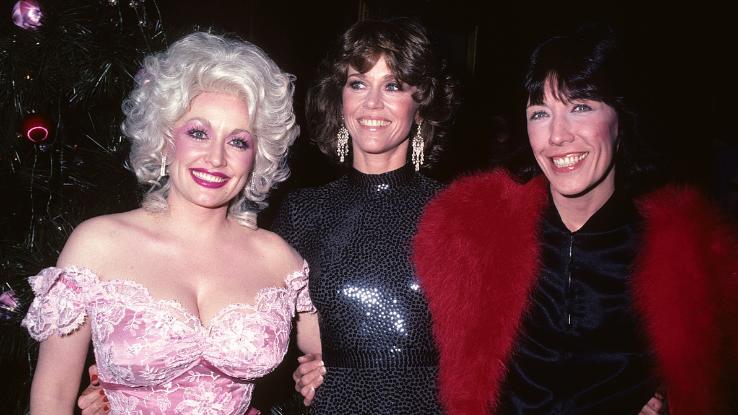
Although she’s said, “I’ve always thought of myself as bizarre, not as a sex symbol,” she’s certainly still seen as a sex symbol by many fans. Similarly, fans feel bolstered by her pro-women lyrics in tunes like “9 to 5” and “Dumb Blond,” but, in the same way she rejects the sex symbol label, Dolly doesn’t want folks to call her a feminist — and she would never self-identify as such.
Over the years, Dolly has made it clear that she’s for equal pay and women’s rights, that she’s “proud” of her “huge gay following” and that she’s faced discrimination on the basis of being a woman. However, on Dolly Parton’s America, the legendary singer distances herself from the term “feminist,” citing that she writes songs about men as evidence that she doesn’t fall cleanly into that column.
But she’s spoken out about rejecting the label before. “I must be [a feminist] if being a feminist means I’m all for women… But I don’t feel I have to march, hold up a sign or label myself. I think the way I have conducted my life and my business and myself speaks for itself. I don’t think of it as being feminist.” Sometimes this stance she’s taken is explained by fans and onlookers alike as being the product of a deft businessperson who has thought about how the word “feminist” is so charged — so capable of alienating certain segments of her audience.
“She’s so deeply apolitical, at least in what she says,” Abumrad said in an interview with NPR. And, yes, this conscious choice — to avoid triggering words but lead through action — may play into it, but there’s more context that we should understand and acknowledge.
Left Out by Those “Privileged Enough to Theorize”
In October 2019, Twitter user Rachel (@harl0tt) wrote an incredible, discerning thread after listening to Dolly Parton’s America, tweeting, “I am not shocked or angry Dolly vehemently rejects feminism. Here’s why.” Several tweets in length, Rachel’s thread explains the context in which Dolly Parton experienced feminism as it was back in the ’60s and ’70s — the ways the label became tainted for decades by the second-wave elements that A) equated feminism with hating men, and B) left out a huge swath of the woman-identified population.
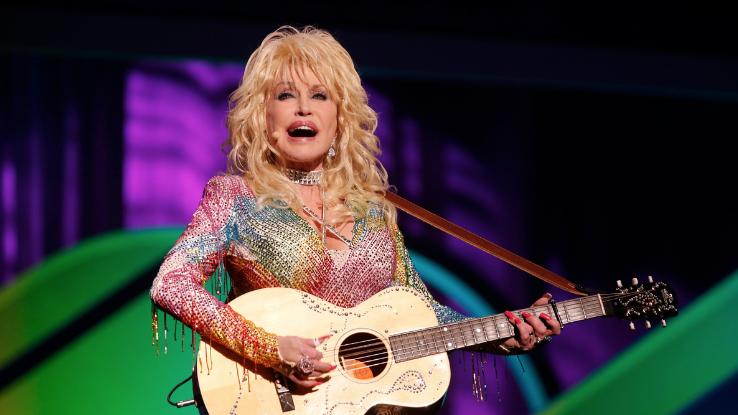
Rachel tweeted, “Dolly Parton has no patience for feminism because of how feminists treated her. [To them] she was a makeup-wearing bimbo [who] objectified her own body. She doesn’t know [feminist theorist and poet Hélène] Cixous. She has no ‘serious’ contributions to feminist discourse or corporate takeovers. …Classism is rampant in third-wave feminism. It was worse in second-wave, when Dolly faced ridicule” for her looks, for where she came from.
Privileged women — largely college-educated, wealthy and white — excluded Dolly’s generation of poor women from their version of feminism. With that in mind, it’s no wonder Dolly would distance herself from the label. Rachel brings up writer Sarah Smarsh — who often discusses socioeconomic class and politics — and paraphrases Smarsh, tweeting, “The part of us that gets mad when clearly feminist women say they aren’t feminists is the part of us that got to go to college. The part of us that’s privileged enough to theorize.”
Meanwhile, Dolly is using her privilege and career to advocate for those who don’t have a platform — and she’s creating inclusive spaces at her shows. On that point, Abumrad notes that although her fans from all walks of life aren’t exactly engaging in political discussions, “they’re in the same place, and they’re [being] deeply polite in her presence. That feels like something to me.” All of this is to say, it’s essential that feminism — “the theory of the political, economic and social equality of the sexes” — includes more than just those privileged enough to theorize.




